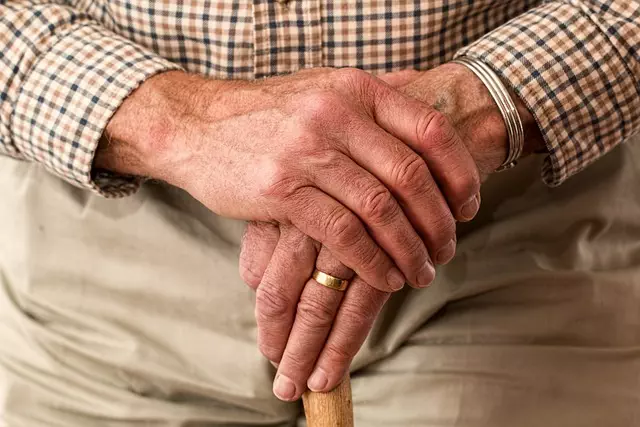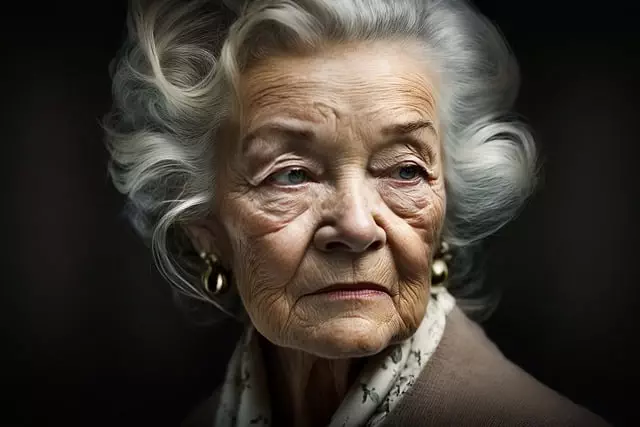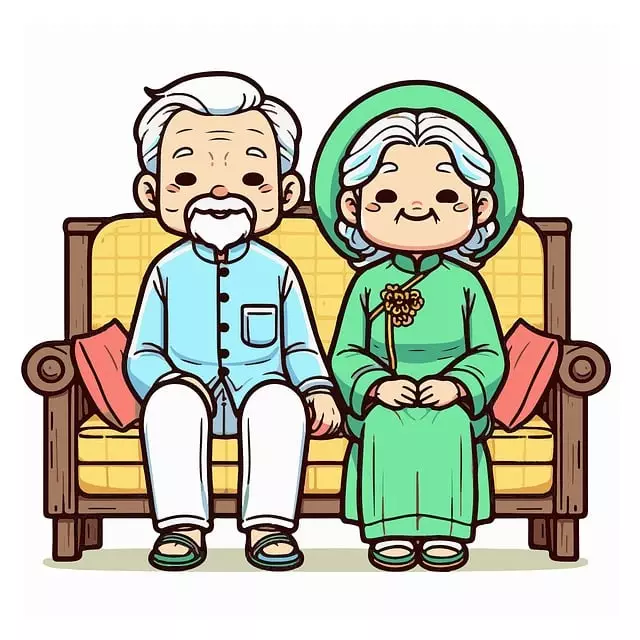Elderly companion services have been significantly enhanced through the integration of advanced technologies, which now offer personalized medication compliance support for seniors. These services utilize smart systems to provide timely reminders and monitoring, ensuring that complex medication schedules are followed accurately with the aid of intelligent pill dispensers and companion apps, complete with visual and auditory cues. This technology not only improves the quality of life for the elderly but also offers peace of mind to their families and caregivers through secure, remote monitoring capabilities. The systems' user-friendly designs accommodate different cognitive levels and sensory preferences, and their ability to adapt via artificial intelligence further ensures medication adherence by learning and adjusting to individual patterns. These innovations have made managing medications a seamless part of daily health maintenance for seniors, while also facilitating clear communication with healthcare providers and promoting a proactive approach to health management within companion services for the aging population.
Navigating the complexities of medication management can be a challenge for seniors. With age comes an increased likelihood of multiple prescription regimens, each crucial for maintaining health and well-being. Elderly Companion Services have risen to the occasion, integrating advanced technology to enhance medication compliance and offer tailored support. This article delves into the innovative ways these services are revolutionizing medication reminders for the elderly, ensuring personalized attention to streamline their healthcare experience and improve their quality of life. Join us as we explore the pivotal role of Elderly Companion Services in this critical aspect of senior care.
- Leveraging Technology for Medication Compliance in Elderly Companion Services
- The Role of Personalized Attention in Medication Reminder Systems for Seniors Through Elderly Companion Services
Leveraging Technology for Medication Compliance in Elderly Companion Services

In recent years, the integration of technology into elderly companion services has significantly improved medication compliance for seniors. These services leverage cutting-edge reminders and monitoring systems to ensure that medication schedules are adhered to effectively. Smart pill dispensers with automated alerts integrate seamlessly with companion apps, providing visual and auditory cues that prompt timely medication intake. This not only enhances the quality of life for seniors but also provides peace of mind for their caregivers and families, who can monitor medication adherence remotely through secure platforms. The convenience and reliability of these systems reduce the risk of missed doses, which is particularly critical given the elderly’s often complex medication regimens. Moreover, the data collected by these devices can be analyzed to optimize medication routines and alert caregivers or healthcare providers to potential issues, fostering a proactive approach to health management within companion services for the elderly.
Furthermore, the personalization capabilities of technology in elderly companion services enable tailored medication reminders that cater to individual preferences and cognitive abilities. For instance, visual aids such as large-button interfaces or pictograms can assist those with visual impairments or limited literacy. Similarly, customizable alert tones and vibrations can be set according to the user’s hearing capacity or preference for sensory input. The use of artificial intelligence in these systems further enhances their effectiveness by learning the user’s habits and adjusting reminders to fit their lifestyle, thereby ensuring a higher level of compliance with medication regimens. This technological advancement is a testament to the ongoing efforts to provide elderly companion services that are both responsive and accommodating to the diverse needs of seniors.
The Role of Personalized Attention in Medication Reminder Systems for Seniors Through Elderly Companion Services

Elderly companion services play a pivotal role in ensuring seniors adhere to their medication schedules. These personalized care services are designed to cater to the unique needs of older adults, often tailoring reminders based on individual routines, cognitive abilities, and health conditions. The integration of advanced technology within these services allows for customized alerts that can be delivered through devices such as smartphones, tablets, or specialized medication dispensers. This personalized attention is crucial as it accommodates the varying degrees of independence and memory function among seniors, thus reducing the risk of missed doses or incorrect medication use. Moreover, the human element of elderly companion services adds a layer of support, as caregivers can provide reassurance and respond to any concerns in real-time. This holistic approach ensures that seniors not only receive timely reminders but also feel supported and connected, fostering an environment conducive to maintaining health and well-being.
The effectiveness of medication reminder systems is significantly amplified when they are part of a comprehensive elderly companion service package. These services often include regular check-ins, companionship, and assistance with daily tasks, which can indirectly influence medication adherence by alleviating stress and improving overall living conditions. The seamless integration of reminders into the fabric of daily life helps to normalize medication management as a routine part of health maintenance. Additionally, these services can facilitate coordination with healthcare providers, ensuring that any changes in medication are communicated promptly and accurately. This level of attention and adaptability ensures that seniors receive the highest standard of care, promoting both their independence and safety.
In conclusion, the integration of technology within elderly companion services has proven to be a pivotal tool in enhancing medication compliance for seniors. Personalized attention, a cornerstone of these services, ensures that each individual’s unique needs are met with tailored medication reminders. By leveraging innovative systems, caregivers can provide consistent and reliable support, allowing older adults to maintain their health and independence more effectively. This harmonious blend of compassionate human care and technological advancements underscores the potential for elderly companion services to significantly improve the quality of life for seniors managing complex medication regimens.


